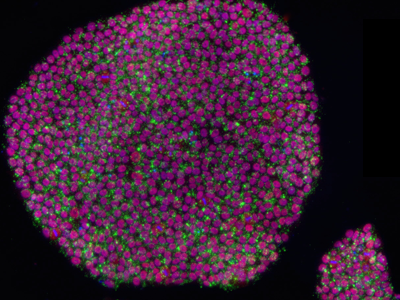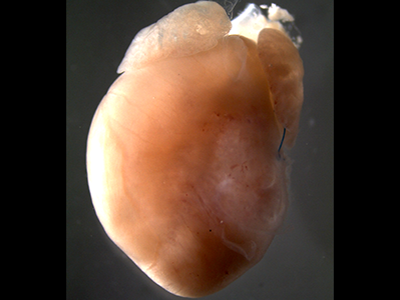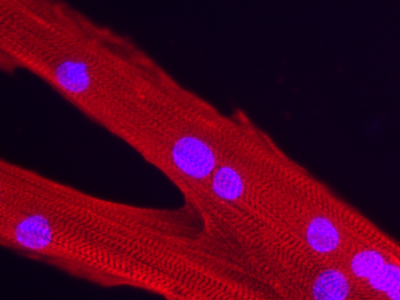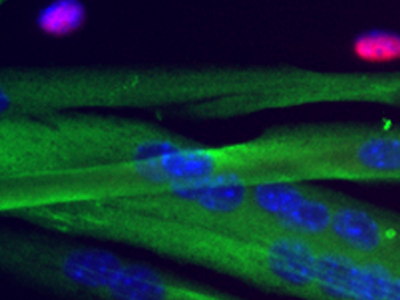Muscle: biology and pathology
Striated muscle (skeletal and cardiac) is the most abundant tissue of the body and plays an essential role in systemic metabolism and movement. Skeletal and cardiac muscles can be affected by many severe pathological conditions, including diseases of genetic and traumatic origin, systemic metabolic disorders, neuromuscular and age-associated chronic pathologies. The research projects in this area focus on defining pathogenetic regulatory mechanisms and identifying disease modifiers. To these aims, researchers at IBBC exploit home-generated or existing cellular and animal models of neuromuscular diseases, such as Duchenne, Myotonic and FSHD muscular dystrophies, amyotrophic lateral sclerosis and spinal muscular atrophy.
The ultimate goal of these different research interests converge on the development of novel strategies for tissue regeneration and for treatment of neuromuscular disease, as well as innovative prognostic/diagnostic tools.
Groups involved :
- Adult neurogenesis, neurogenic stimuli,and gene therapy
- Cell Response and Stress Signal
- Membrane trafficking, RNA metabolism, Duchenne Muscular Dystrophy
- Muscle biopathology, noncoding RNAs, gene therapy
- Muscle metabolism, Cell cycle regulators, and muscular dystrophy
- Skeletal Muscle Regeneration and Muscular Dystrophies




